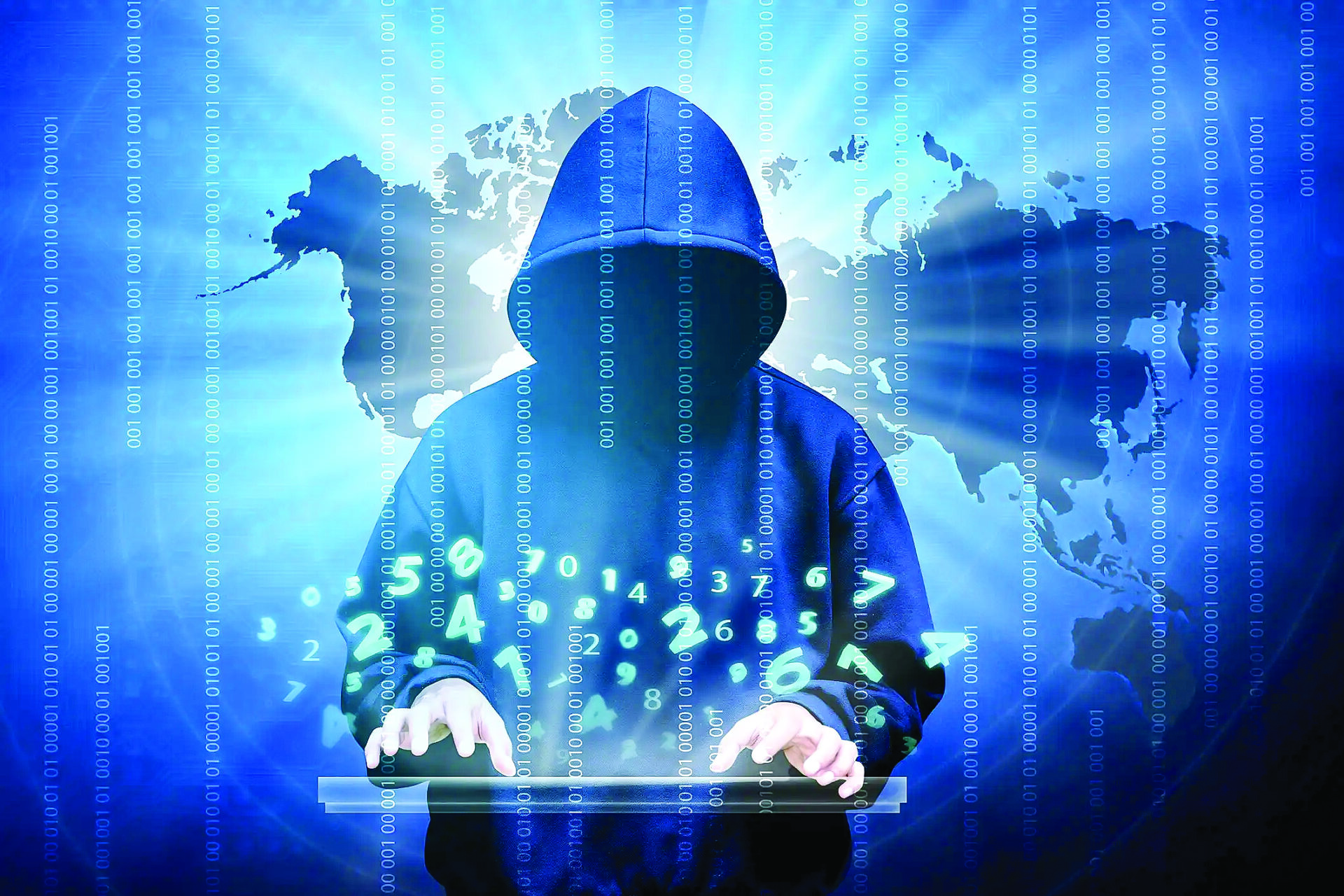It’s a giant leap towards a secure digital future.
In a landmark achievement, the United Nations has adopted the world’s first legally binding treaty on cybercrime. Formally titled the “UN Convention on Countering the Use of Information and Communications Technologies for Criminal Purposes”, this treaty marks a watershed moment in the global fight against cybercrime.
The treaty was finalised after three years of intense negotiations by the UN Ad Hoc Committee on Cybercrime. It will now go to individual member states for formal ratification before entering into force. Given the unanimous mandate behind it, the treaty is expected to be eventually ratified by a sufficient number of countries.
KEY ASPECTS AND BENEFITS
The treaty requires member states to harmonize their domestic legal frameworks by criminalizing various cyber offences. These include illegal access to data, interference with systems, device misuse, and computer-related fraud.
Importantly, the treaty facilitates seamless cross-border coordination between law enforcement agencies to investigate such crimes. This is achieved through mutual legal assistance, real-time sharing of electronic evidence and other joint protocols. With cybercrimes inherently borderless, spurring collaboration between states is vital.
Another area the treaty focuses on is online child safety. Obligating crackdown on child sexual abuse material and grooming responds to growing threats children face in digital spaces.
The treaty also covers computer-enabled acts furthering terrorism, drug trafficking, money laundering and organized crime. Tracing and recovering proceeds of cybercrime through legal channels is mandated as well.
Institutionally, the treaty establishes the Conference of State Parties to periodically review implementation and propose improvements. The UN Office on Drugs and Crime will provide support functions.
By spelling out a cooperation framework, the treaty fills a major gap in the global cyber policy architecture. Unlike existing mechanisms, its inclusive approach brings all UN member states on board and aligned.
A SECURE AND INCLUSIVE DIGITAL FUTURE
At its core, the UN cybercrime treaty demonstrates that countries across geopolitical divides recognize the severity of the challenges posed. The unanimous consensus behind the cybercrime treaty is a rare diplomatic achievement, bringing together rival countries to tackle a shared threat. The world has finally woken up to the reality that the global village needs global solutions.
No doubt, thoughtful implementation that balances security and rights will be key. But the treaty provides a broad canvas to build upon through protocols and stakeholder engagement.
By seeking to harmonize responses, share knowledge and strengthen trust, the treaty promises to herald a more secure digital future for all. It marks only the first step, but with collective will and wisdom, the possibilities ahead are endless.
Khushbu Jain is a practicing advocate in the Supreme Court and founding partner of the law firm, Ark Legal.

